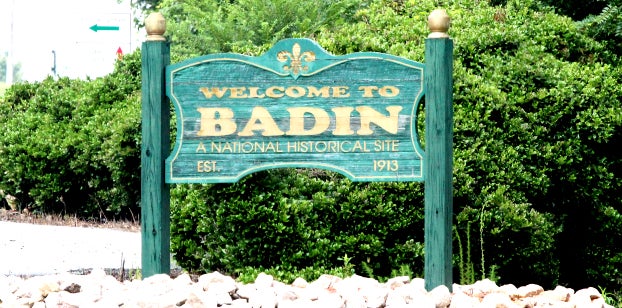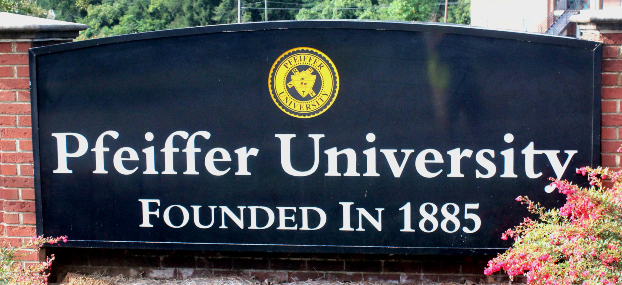State denies Alcoa’s Special Order by Consent to discharge contaminants into Badin Lake
Published 9:58 am Friday, February 19, 2021

- Badin North Carolina
|
Getting your Trinity Audio player ready...
|
The North Carolina Department of Environmental Quality has denied Alcoa’s Special Order by Consent to discharge contaminants, including cyanide and fluoride, into Badin Lake.
“The Badin Business Park SOC, as drafted, will not move forward,” DEQ spokesperson Anna Gurney said in an emailed statement to the Stanly News & Press. “We are in active conversations with the applicant regarding next steps.”
Gurney said the announcement was made during a Thursday night Zoom session hosted by the Protect Badin Lake group.
The group, which is comprised of several concerned homeowners who live on Badin Lake, created a petition on Change.org about a week ago urging DEQ to conduct a public hearing about the proposed SOC. The petition has already amassed more than 2,600 signatures.
The SNAP has reached out to Gurney about more specifics, including why the proposed SOC was not approved and whether DEQ thinks Alcoa will work toward a new SOC.
If passed, the deal would have let Alcoa divert contaminants, including cyanide and fluoride, from its current discharge point, which flows into Little Mountain Creek, to another location, which would flow directly into Badin Lake.
Under the proposal, Alcoa was given until June 2022 to modify its existing stormwater piping system to comply with state regulations regarding how much cyanide and floored could be properly discharged.
Exposure to small amounts of cyanide can cause dizziness, headache, nausea and vomiting and rapid breathing, according to the Centers for Disease Control and Prevention, while large amounts could cause respiratory failure leading to death.
The Protect Badin Lake group has already been in contact with other concerned parties, including the Yadkin Riverkeeper, Duke University’s Environmental Law and Policy Clinic and the Southern Environmental Law Center, which represents a group of concerned citizens in West Badin. These groups have also been urging DEQ to conduct a public hearing about the SOC.
Comments posted on the petition page are automatically forwarded to state officials, including Sen. Carl Ford and Rep. Wayne Sasser, to make them aware of the problem.
Sasser said he has received around 150 emails and knows about the issue. He said he is part of a group of state legislators (along with Ford, and Reps. Ben Moss and Carla Cunningham) who will meet with DEQ next week.
“We don’t want them (Alcoa) to be able to dump any of that stuff in the lake,” Sasser said. “They need to spend some money and figure out how to handle it or haul it away. That’s not a dumping grounds for all their problems.”
Alcoa opened its aluminum smelting operation in Badin in 1917 and buried tons of the spent potliner, a byproduct of smelting, on its property and throughout much of Badin when there were no hazardous waste regulations prohibiting their disposal, sources said. Although Alcoa shut down its Badin operation in 2010, much of the hazardous material is still buried in the ground.






